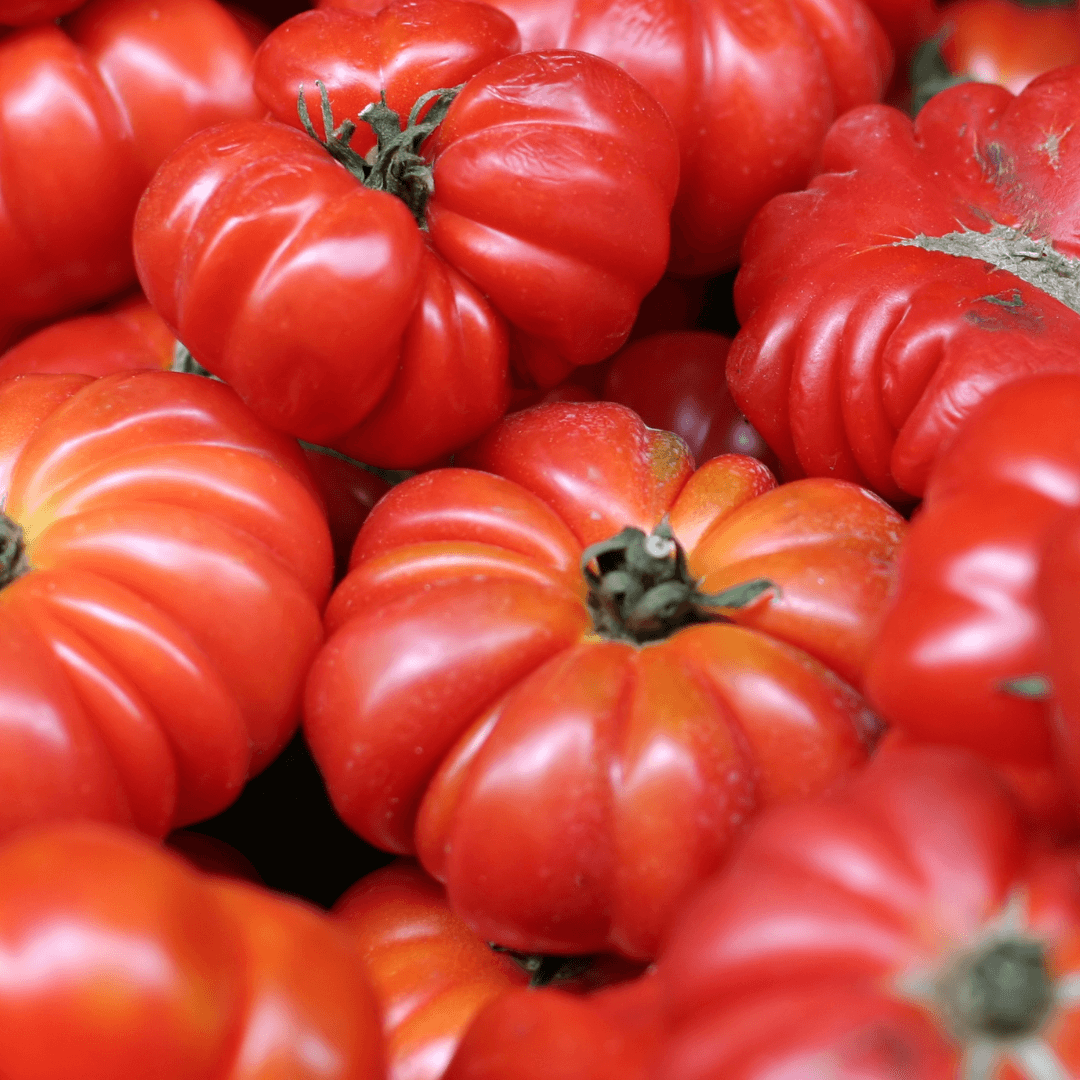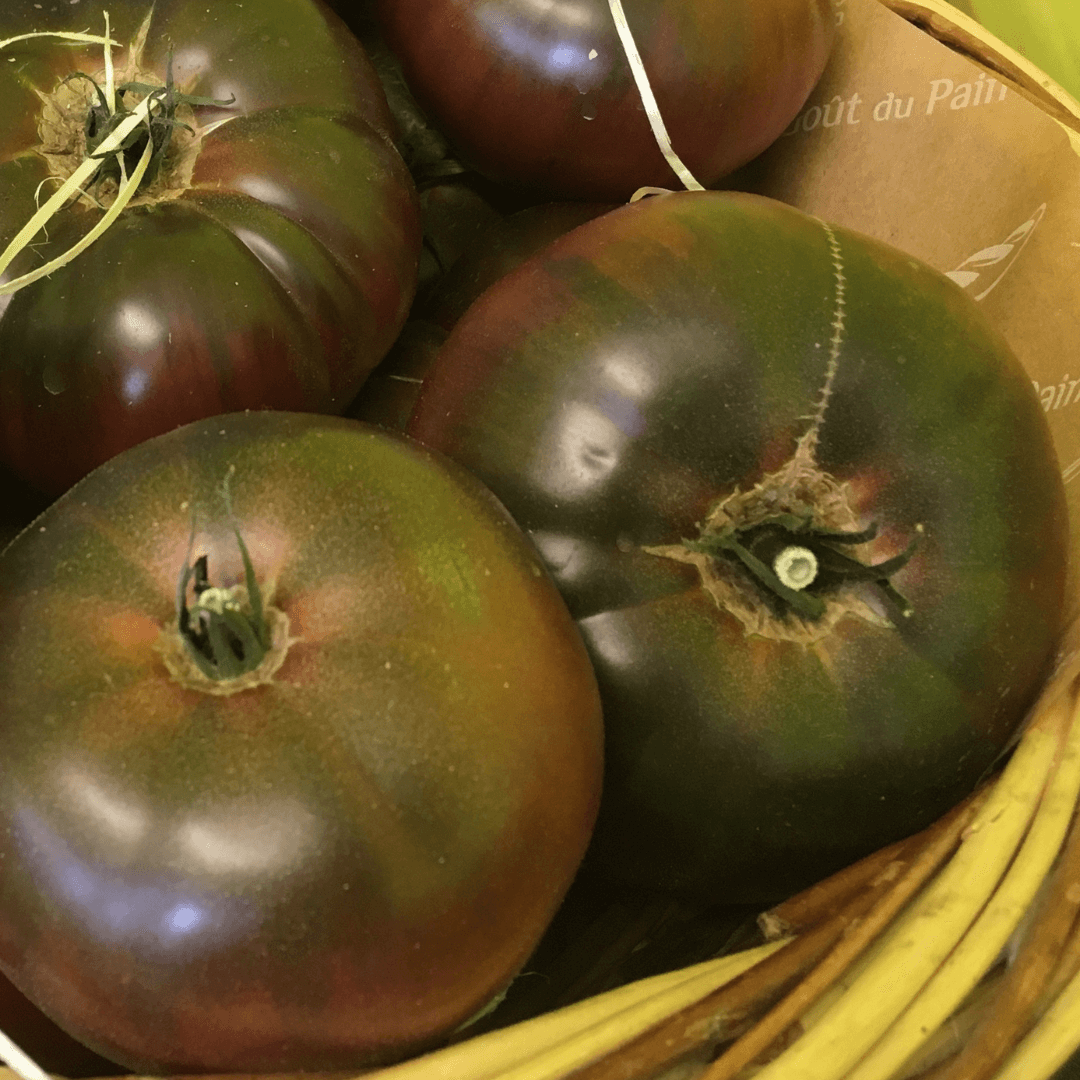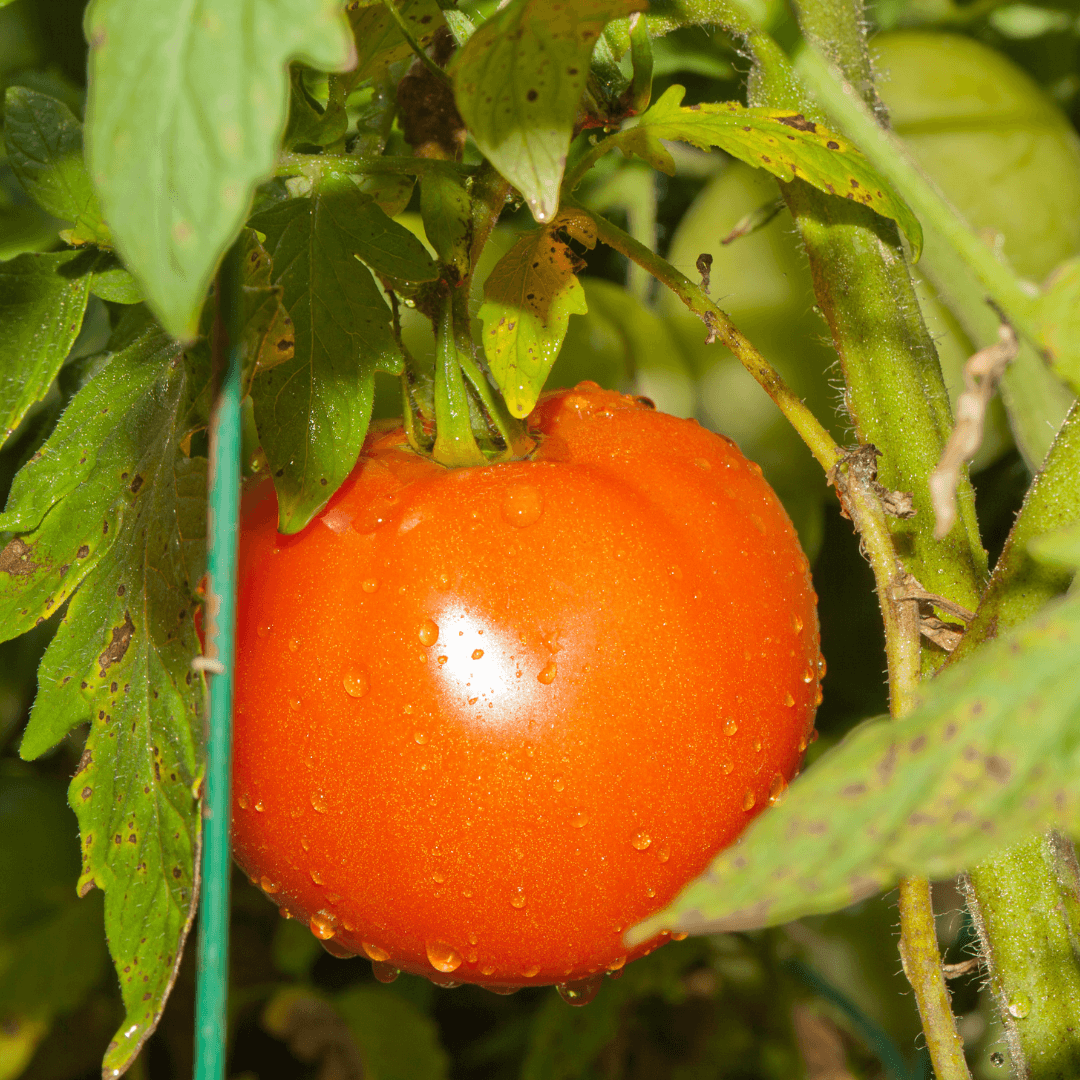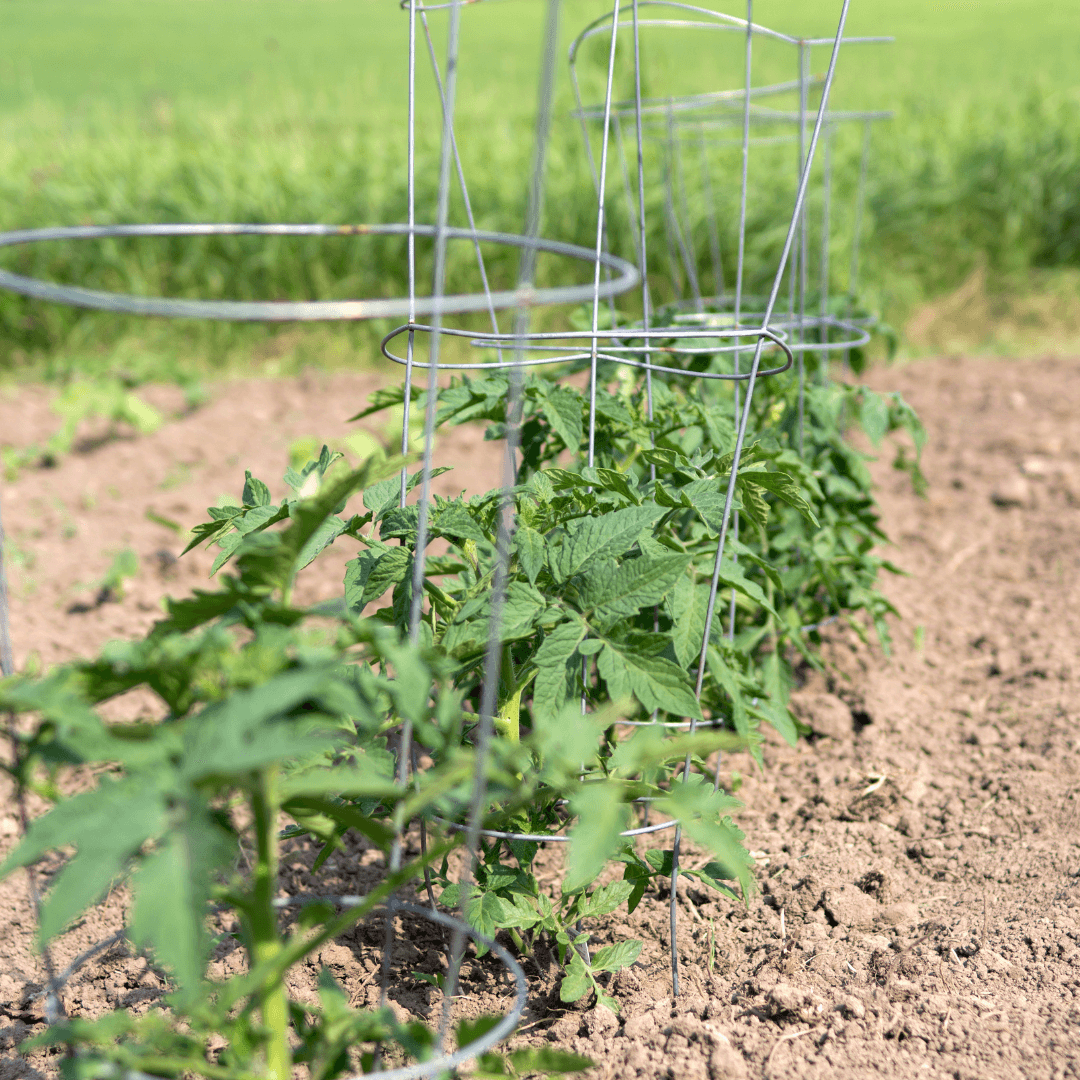Hello fellow gardeners! As an avid gardener and tomato enthusiast, I am excited to share a comprehensive, step-by-step guide to growing the famous Mortgage Lifter Tomato. This heirloom tomato variety is known for its incredible taste and size, making it a must-have in any tomato garden. So, let's dive into the beautiful world of Mortgage Lifter Tomatoes and learn how to grow mortgage lifter tomato successfully.
Table of Contents
- Introduction to Mortgage Lifter Tomato
- History of Mortgage Lifter Tomato
- Plant Characteristics of Mortgage Lifter Tomato
- Getting Started: Tomato Seeds and Seed Packets
- Growing Mortgage Lifter Tomatoes: Planting and Caring
- Pest and Disease Management
- Harvesting and Enjoying Mortgage Lifter Tomatoes
- Preserving and Saving Seeds
Introduction to Mortgage Lifter Tomato
Mortgage Lifter Tomatoes, also known as "Radiator Charlie," is a pinkish red beefsteak tomato variety known for their delicious taste and large size, often weighing up to 2 pounds. These heirloom tomatoes were initially developed in West Virginia and have a fascinating history, which we will explore shortly. Mortgage Lifter tomatoes are perfect for gardeners looking for a reliable, high-yielding tomato plant that produces excellent fruit.
Mortgage Lifter Tomato Seeds

$2.49
Mortgage Lifter Tomato Seeds Grow the legendary Mortgage Lifter Tomatoes from our premium heirloom, non-GMO, non-hybrid, open-pollinated seeds, perfect for any gardener looking to cultivate a high-yielding, flavorful crop. Known for its massive, meaty fruits that can weigh up to… read more
History of Mortgage Lifter Tomato
The Mortgage Lifter Tomato was developed by a man named M.C. Byles, who was nicknamed "Radiator Charlie." An amateur plant breeder, Charlie created this tomato variety by cross-pollinating four large beefsteak tomatoes, including German Johnson. It took him six years to perfect the Mortgage Lifter Tomato, and when he finally succeeded, it became so popular that he paid off his $6,000 mortgage by selling the plants for $1 each.
Plant Characteristics of Mortgage Lifter Tomato
- Native: United States (West Virginia)
- Family: Solanaceae (Nightshade family)
- History of the Seed: Developed by M.C. Byles in the 1940s
- Days till maturity: 80-85 days
- Planting depth: 1/4 inch
- Plant spacing: 24-36 inches apart
- Days to germination: 7-14 days
- Start indoors or direct sown: Start seeds indoors
- Full sun or partial shade: Full sun
- When to harvest: When fruits are fully colored and slightly soft to touch
- Plant height: 4-6 feet tall
- Plant width: 2-3 feet wide
Getting Started: Tomato Seeds and Seed Packets
To begin growing Mortgage Lifter Tomatoes, you must acquire high-quality Mortgage Lifter tomato seeds for planting. Look for reputable seed companies that offer heirloom seeds, such as Gardeners Basics, to ensure you get the best possible seed packets. Starting with good-quality seeds is crucial for growing vigorous, healthy plants.
Germinating Tomato Seeds
Before planting, it's essential to germinate your tomato seeds properly. Here's a quick guide on how to germinate your Mortgage Lifter Tomato seeds:
- Fill seed trays or small pots with seed-starting mix.
- Moisten the soil with water, ensuring it is damp but not soaking wet.
- Place 2-3 seeds in each cell or pot, covering them with about 1/4 inch of soil.
- Label your trays or pots to avoid confusion later.
- Cover the trays or pots with a clear plastic lid or plastic wrap to maintain humidity and warmth.
- Place your trays or pots warmly between 70-80°F (21-27°C). A heat mat can help maintain a consistent temperature. Please remember air temperature is not the same as soil temperature, which can vary greatly. For that reason, we do highly recommend a heat mat.
- Check the trays or pots daily for moisture and germination. Keep the soil consistently damp but not waterlogged. Tomato seeds typically germinate within 7-14 days.
- Once the seeds have germinated, remove the plastic cover and place the trays or pots in a sunny location or under grow lights.
Growing Mortgage Lifter Tomatoes: Planting and Caring
Once your tomato seedlings have grown to about 3-4 inches tall and have at least two sets of true leaves, it's time to transplant them into your garden or larger containers.
Preparing the Garden Bed
Choose a sunny location for your tomato plants, as they require at least 6-8 hours of direct sunlight daily. Prepare the soil by loosening it and working in organic matter, such as compost or well-rotted manure, to provide essential nutrients for your growing tomatoes.
Transplanting
- Harden off your tomato seedlings by gradually exposing them to outdoor conditions for about a week. Start with a few hours a day and increase the time spent outdoors daily.
- Dig a hole in your prepared garden bed large enough to accommodate the root ball of each seedling.
- Gently remove the seedling from its pot or cell, taking care not to damage the roots.
- Plant the seedling in the hole, burying the stem to the first set of true leaves. This encourages the development of a robust root system.
- Space your tomato plants 24-36 inches apart for proper airflow and growth.
Watering and Fertilizing
Tomato plants need consistent moisture to produce healthy fruit. Use drip irrigation or water at the base of the plant to minimize the risk of disease. Water your plants deeply and consistently, aiming for about 1-2 inches per week, depending on weather conditions. Inconsistent watering can cause tomatoes to drop fruit.
Fertilize your Mortgage Lifter Tomato plants with a balanced fertilizer, following the manufacturer's instructions. Alternatively, you can use organic fertilizers like compost tea or fish emulsion.
Staking and Pruning
Mortgage Lifter Tomatoes grow tall and heavy, so staking or caging them is essential for support. Regular pruning of suckers and lower leaves will promote better airflow and help prevent diseases.
Heirloom Tomato Seeds for Planting | 16 Variety Pack

$19.95
The Ultimate Tomato Seed Variety Set - 16 Heirloom, Non-GMO Tomato Varieties for Your Home Garden Introducing our 16 Tomato Seeds Variety Pack, a must-have collection for any gardening enthusiast or professional grower! This premium seed assortment includes a diverse selection… read more
Pest and Disease Management
Mortgage Lifter Tomatoes can be affected by common tomato pests and diseases, such as aphids, tomato hornworms, and blossom end rot. Monitor your plants regularly and use organic or chemical controls to manage these issues.
Harvesting and Enjoying Mortgage Lifter Tomatoes
Harvest your Mortgage Lifter Tomatoes when fully colored and slightly soft to the touch. To avoid damaging the plant, use a sharp knife or pruner to remove the fruit from the vine and a short stem section. Mortgage Lifter Tomatoes are perfect for slicing, canning, or making sauces due to their large size and delicious taste.
Storing Mortgage Lifter Tomatoes
Store your freshly harvested tomatoes at room temperature and avoid refrigeration, affecting their flavor and texture. Tomatoes can be stored for up to a week, depending on their ripeness and room temperature.
Using Mortgage Lifter Tomatoes in Recipes
Mortgage Lifter Tomatoes are versatile and can be used in various dishes, such as salads, sandwiches, pasta sauces, and salsas. Experiment with different recipes to enjoy the full flavor of your homegrown tomatoes.
Preserving and Saving Seeds
Preserving Mortgage Lifter Tomatoes
To preserve your Mortgage Lifter Tomatoes for future use, consider canning, freezing, or dehydrating them. Canning is an excellent way to store tomato sauces while freezing and dehydrating work well for preserving whole or diced tomatoes.
Saving Mortgage Lifter Tomato Seeds
Mortgage Lifter Tomato seeds can be saved for future planting as an heirloom tomato variety. To save seeds, follow these steps:
- Choose a few healthy, fully ripe Mortgage Lifter Tomatoes for seed saving.
- Cut the tomatoes in half and scoop out the seeds and their surrounding gel.
- Place the seeds and gel in a glass jar, adding a small amount of water.
- Cover the jar with a paper towel or coffee filter, securing it with a rubber band.
- Allow the seeds to ferment at room temperature for 3-5 days, stirring once a day. Fermentation helps remove the gel and prevent diseases.
- Once fermentation is complete, pour the contents of the jar into a fine mesh strainer and rinse the seeds under running water to remove any remaining gel.
- Spread the seeds on a paper towel or a non-stick surface and allow them to air dry for several days.
- Once the seeds are completely dry, store them in a labeled, airtight container in a cool, dark place until you're ready to plant them next season.
In conclusion, Mortgage Lifter Tomatoes are a fantastic heirloom variety that can bring incredible taste and size to your tomato garden. Following this step-by-step guide, you can grow and enjoy these delicious tomatoes for years. Happy gardening!
 Frequently Asked Questions - How to Grow Mortgage Lifter Tomato from Seed
Frequently Asked Questions - How to Grow Mortgage Lifter Tomato from Seed
Q: What is the Mortgage Lifter Tomato?
A: Mortgage Lifter Tomato, also known as Radiator Charlie, is a pinkish-red beefsteak tomato variety known for its large size, often weighing up to 2 pounds and delicious taste. It is an heirloom tomato variety developed in West Virginia in the 1940s.
Q: How long does it take for Mortgage Lifter Tomatoes to mature?
A: Mortgage Lifter Tomatoes typically mature from transplanting for 80-85 days.
Q: Can I grow Mortgage Lifter Tomatoes in containers?
A: Mortgage Lifter Tomatoes can be grown in large containers with a minimum capacity of 5 gallons. Make sure to provide adequate support and consistent watering for healthy growth.
Q: How do I prevent blossom end rot in Mortgage Lifter Tomatoes?
A: To prevent blossom end rot, ensure your tomato plants receive consistent watering and are not subjected to extreme fluctuations in moisture. Also, maintain proper calcium levels in the soil by adding lime or gypsum.
Q: Can I save seeds from my Mortgage Lifter Tomatoes for future planting?
A: As an heirloom tomato variety, you can save seeds from your Mortgage Lifter Tomatoes for future planting. Follow the seed-saving steps outlined in section 8.2 of this guide.
Q: What common pests and diseases affect Mortgage Lifter Tomatoes?
A: Mortgage Lifter Tomatoes can be affected by common tomato pests and diseases such as aphids, tomato hornworms, blossom end rot, and fungal diseases. As needed, regular monitoring and implementing organic or chemical controls can help manage these issues.
Q: What is the best way to support Mortgage Lifter Tomato plants?
A: Mortgage Lifter Tomatoes grow tall and heavy, so providing support with stakes, cages, or trellises is essential for preventing the plants from bending or breaking.
Q: When should I start my Mortgage Lifter Tomato seeds indoors?
A: Start your Mortgage Lifter Tomato seeds indoors about 6-8 weeks before your area's average last frost date. This will give the seedlings enough time to grow and develop strong roots before being transplanted outdoors.
Q: How do I know when my Mortgage Lifter Tomatoes are ready to harvest?
A: Mortgage Lifter Tomatoes are ready to harvest when fully colored and slightly soft to the touch. The fruit should be firm but yield slightly under gentle pressure.
Q: Can Mortgage Lifter Tomatoes be grown in a greenhouse?
A: Yes, Mortgage Lifter Tomatoes can be successfully grown in a greenhouse, provided they receive adequate sunlight, consistent watering, and proper ventilation to prevent diseases caused by high humidity.
Q: How do I increase the yield of my Mortgage Lifter Tomato plants?
A: To increase the yield of your Mortgage Lifter Tomato plants, provide them with consistent moisture, adequate nutrients, and proper support. Regular pruning of suckers and lower leaves will promote better airflow and help prevent diseases that could affect the overall yield.
Q: Are Mortgage Lifter Tomatoes suitable for making sauces and other tomato-based dishes?
A: Yes, Mortgage Lifter Tomatoes are versatile and can be used in various dishes, such as salads, sandwiches, pasta sauces, and salsas. Their large size and delicious taste make them perfect for cooking and preserving.





 Frequently Asked Questions - How to Grow Mortgage Lifter Tomato from Seed
Frequently Asked Questions - How to Grow Mortgage Lifter Tomato from Seed

